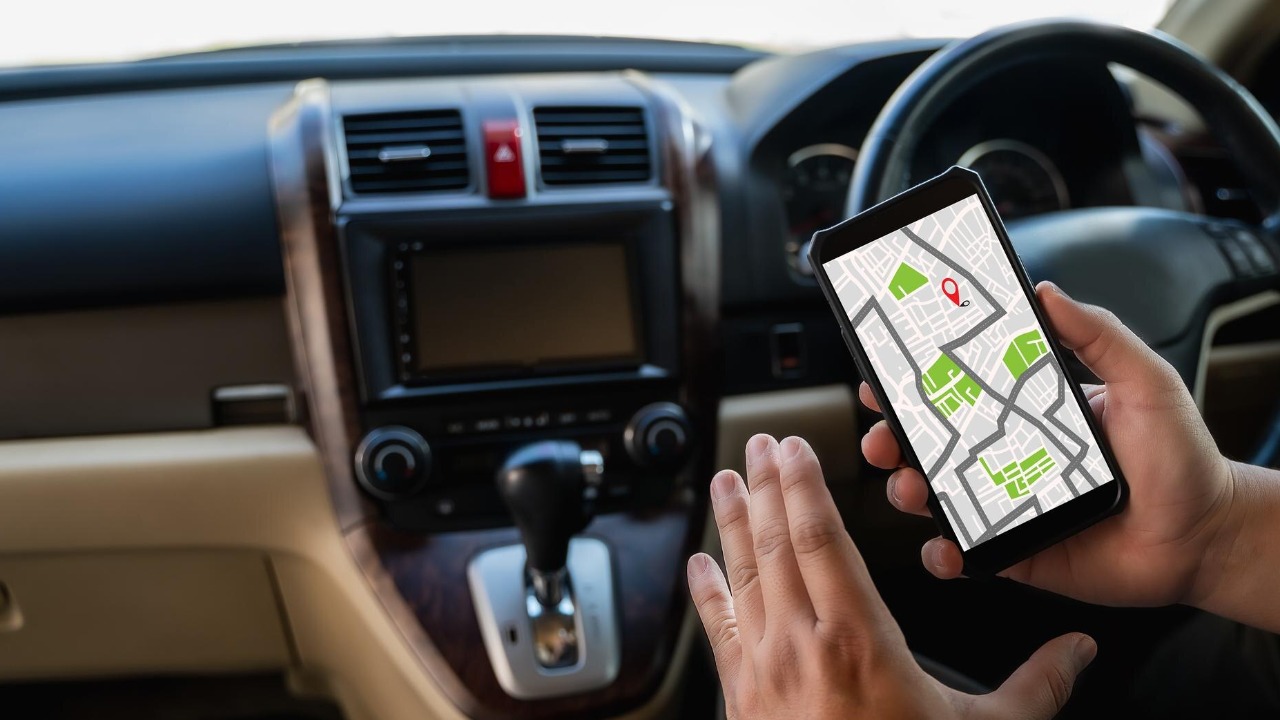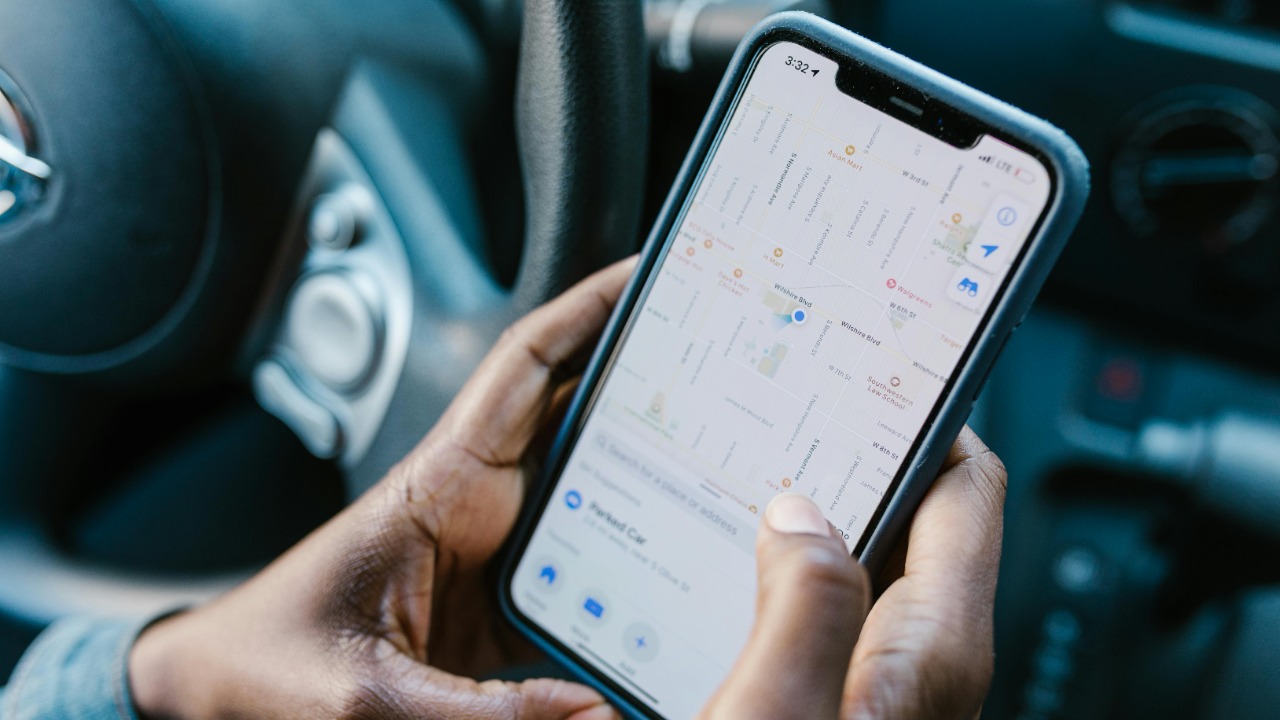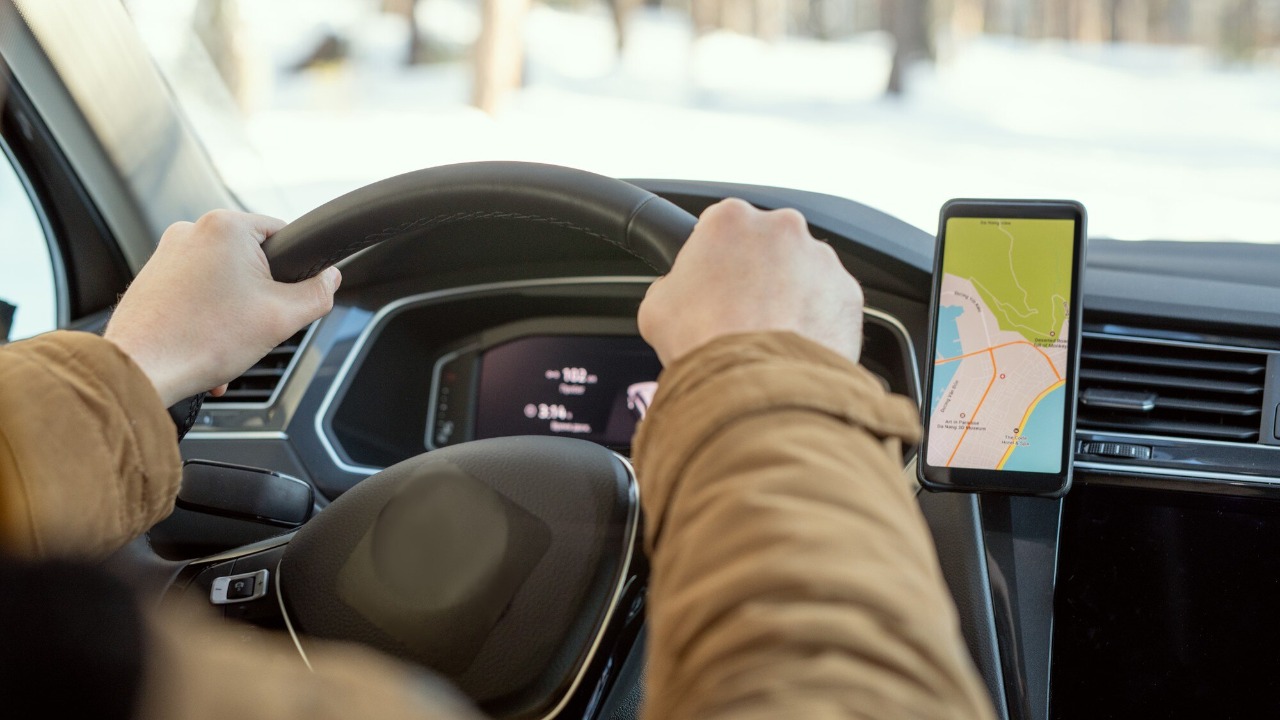As we embrace the conveniences of modern technology, we must also confront the potential threats to our privacy. Recent developments reveal that certain applications have been tracking car locations covertly via Bluetooth. This exploration delves into the mechanics of this tracking, the implications it carries, and the methods to detect and prevent it.
The Mechanics of Bluetooth Tracking

Bluetooth technology has revolutionized the way devices communicate with each other. It’s a short-range wireless connection technology that enables data exchange between devices. Many apps utilize Bluetooth for functionalities such as hands-free calling, music streaming, and connectivity to other devices. However, it has been discovered that some apps are using Bluetooth to track car locations.
They achieve this by accessing the Bluetooth signal emitted by the car’s infotainment system. When you pair your phone with your car’s system, these apps can then triangulate your car’s location based on the strength and direction of this signal. This covert tracking mechanism can occur without the user’s knowledge or consent.
Examples of Apps Secretly Tracking Car Locations

Several apps have been found to exploit Bluetooth for secret car tracking. For example, a study published by Springer revealed that some weather and gaming apps were found to be secretly tracking users’ car locations. These apps disguise their tracking activities by hiding them within the routine functions of the app, making them difficult to detect.
Furthermore, a report by the AARP identified additional apps that use Bluetooth to track users, including some shopping and fitness apps. The covert tracking often serves the purpose of targeted advertising, location-based services, or data selling, which infringes upon users’ privacy rights.
Implications of Secret Car Tracking

The secret tracking of car locations raises serious concerns about privacy and security. For instance, the constant tracking of a car’s location could result in a detailed profile of a person’s daily habits and routines. This information could potentially be used for malicious purposes, such as stalking or theft.
Furthermore, there are significant legal and ethical issues to consider. While the law varies by country and state, in many jurisdictions, it’s illegal to track someone’s location without their consent. Moreover, the secretive nature of this tracking raises ethical questions about the right to privacy and the responsibility of app developers to respect this right.
How to Detect and Prevent Bluetooth Tracking

Detecting Bluetooth trackers can be challenging due to their covert nature. However, organizations such as Apple and the Electronic Frontier Foundation offer guidance on how to detect unwanted trackers. According to the Apple Support, one effective method is to regularly check the list of paired devices on your Bluetooth settings.
On the other hand, the Electronic Frontier Foundation suggests strategies to prevent apps from secretly tracking your car’s location. These include disabling Bluetooth when not in use, revoking unnecessary app permissions, and using privacy-focused apps. Regularly updating your devices and apps can also help protect against the latest tracking techniques.
Alternatives to Bluetooth for Secure Car Tracking

For those seeking secure methods of car tracking, GPS trackers are a safer alternative. As reviewed by Car and Driver, these devices provide reliable location tracking without the privacy concerns associated with Bluetooth tracking.
While GPS trackers are generally a more secure choice, they are not without their drawbacks. They require a clear view of the sky to function accurately, and they can be more expensive than Bluetooth-based solutions. However, for those who prioritize privacy and security, the benefits of GPS trackers often outweigh the disadvantages.